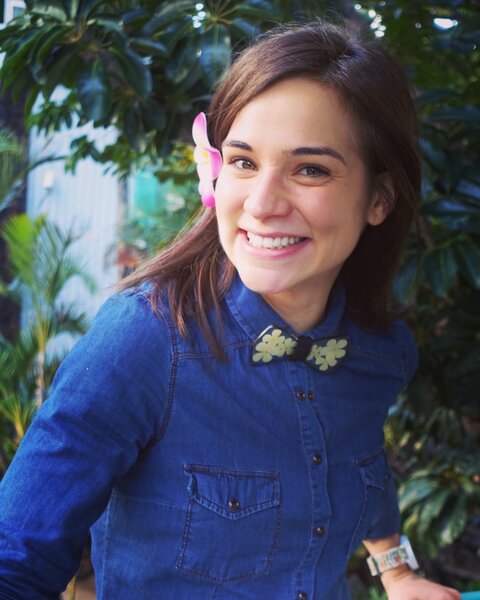Marina Papaiakovou

As an undergraduate, Marina was trained in protein biochemistry, working with mice and cell cultures, aimed at better understanding a cellular mechanism (autophagy) in mice intestines and its response to gamma radiation in a Radiology Clinic. Since she started her Master’s at Smith College, Marina has developed and applied qPCR-based diagnostics, including molecular markers targeting five major species of soil-transmitted helminths (STHs) that are currently being used in many intervention studies.
Marina was awarded funding for three summers to optimize assays and conduct fieldwork and sample collection in Argentina. She have led professional training on DNA extraction and qPCR-based diagnostics in KEMRI (Kenya) as part of a WASH program and supervised STH-based molecular work in India (as part of the DeWorm3 project). Marina also helped set up the Cat-2 lab at the Natural History Museum and facilitated diagnostics-based decisions for the DeWorm3 project (clinical trials achieving elimination). Marina has been working on helminth identification using shotgun metagenomics in stool samples from both human/livestock and has been learning new bioinformatics and phylogenetic tools for the last year. Lastly, Marina has joined LCNTDR and Imperial College in the Geshiyaro project in Ethiopia, facilitating the laboratory set-up in Addis Ababa and assisting with the development of a stool-based RDT for soil-transmitted helminths.